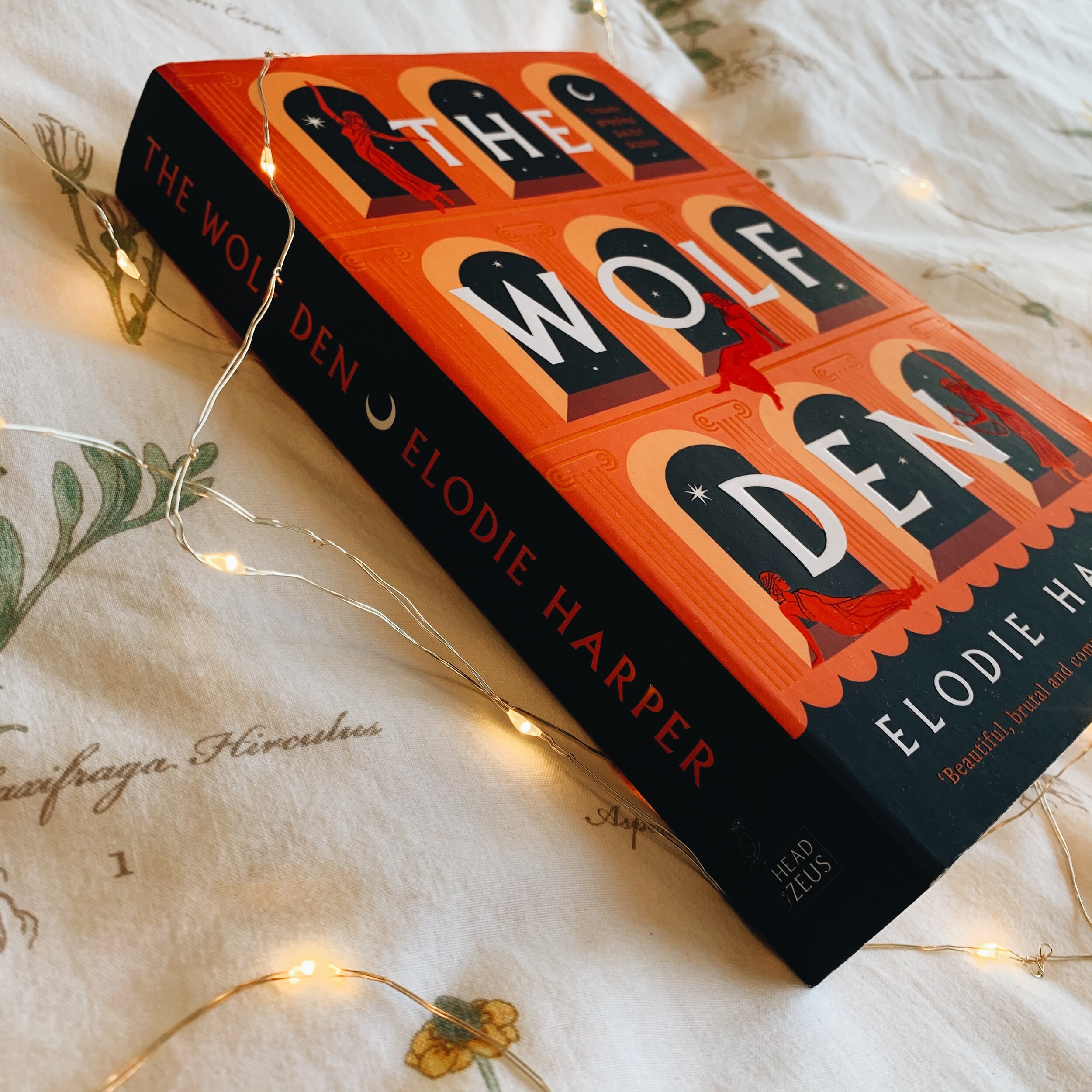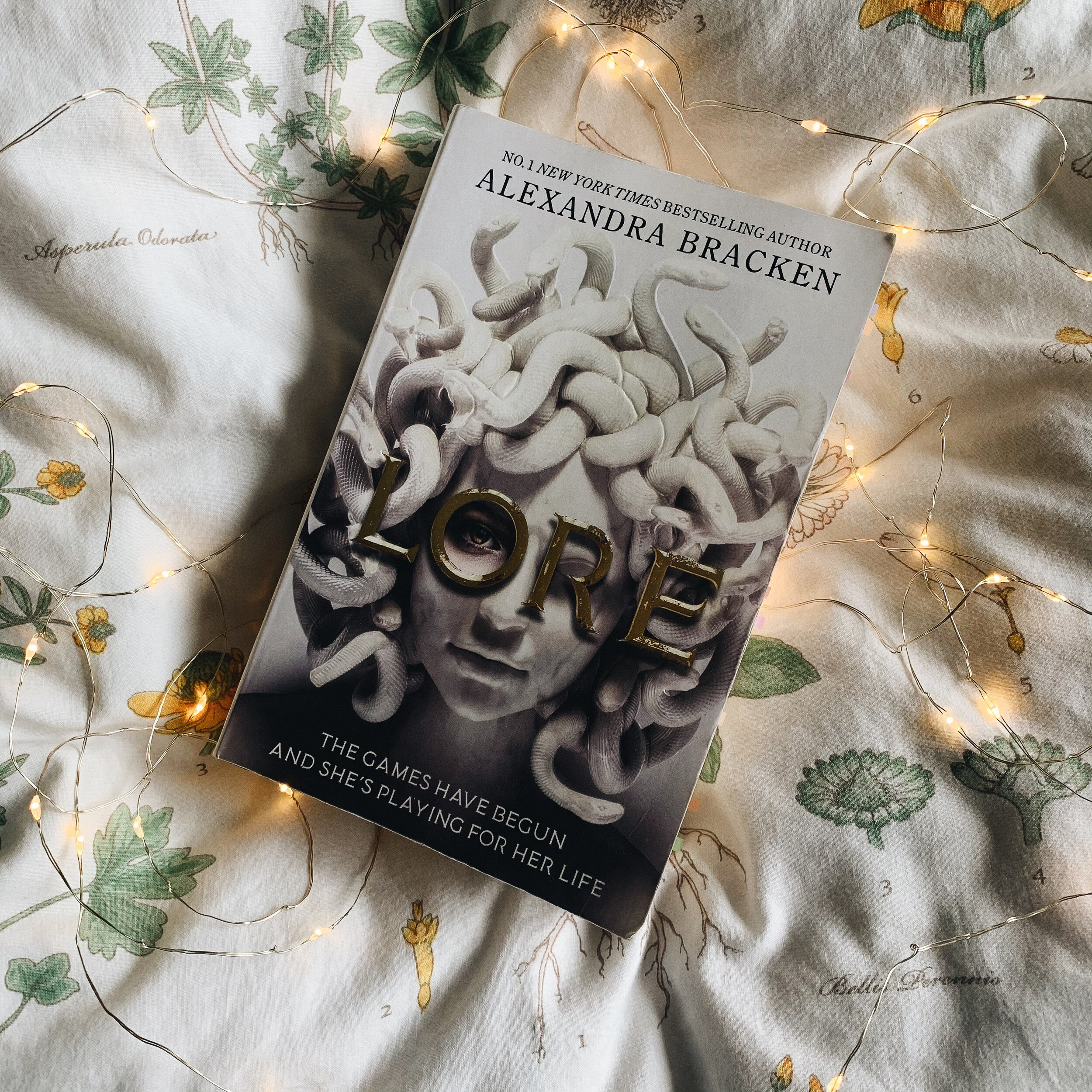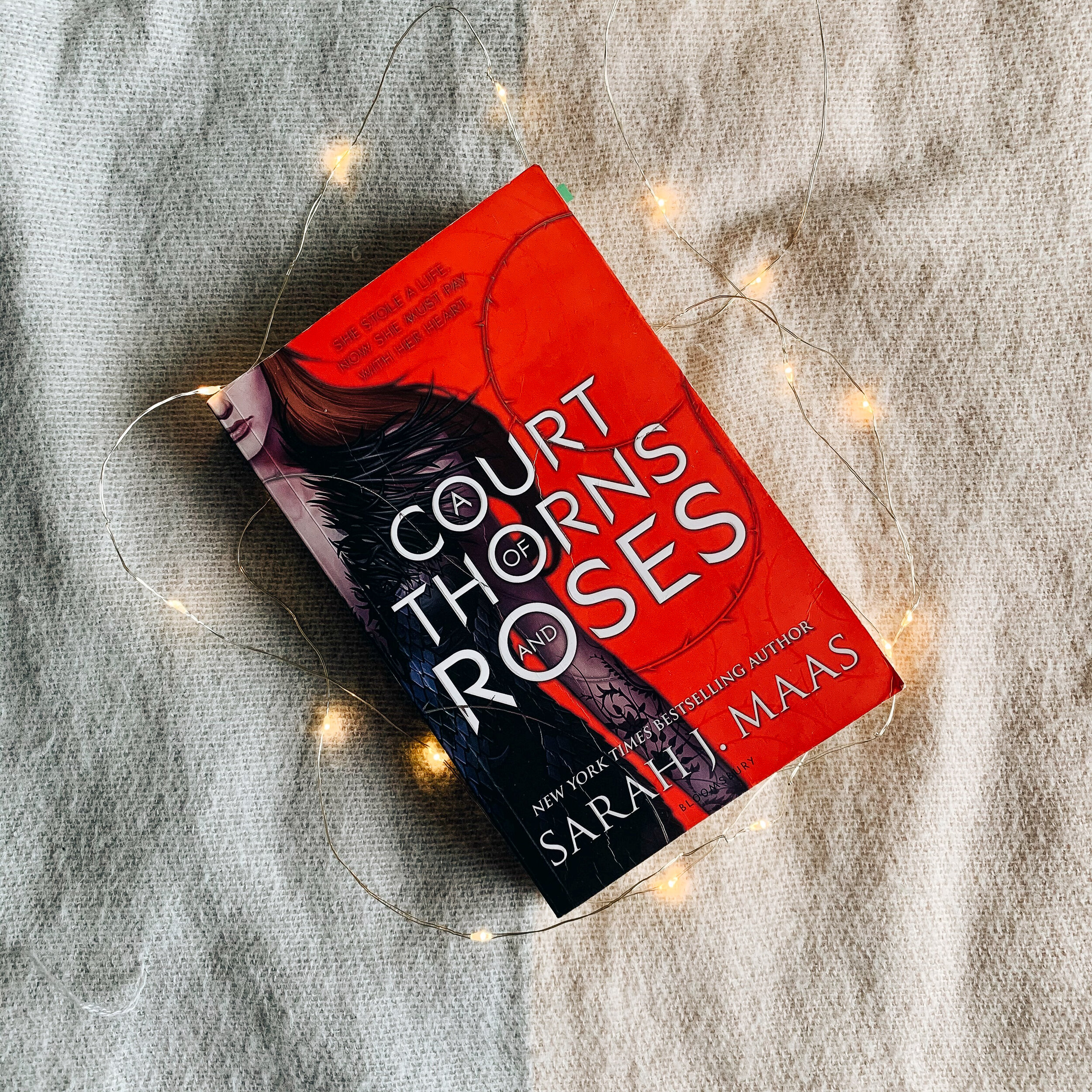The very last month of the year was a bit of a weird one for me, and you can tell I needed some comfort reads! I really ended 2021 with a bang, finishing both Vardaesia and the Aeneid, and then reading another eight books and one novella. It helps that the weather was beautiful and I was on holidays for the last week and a half of the month. Also, I always read the Percy Jackson books really quickly because they’re so easy and hard to put down. So, without further ado, here is my final wrap up post for 2021!
I finished off the Medoran Chronicles series by Lynette Noni this month, which was a bitter sweet moment for me. It let this melancholic feeling in my chest, and the book hangover feeling was strong. I can’t say much about Vardaesia or A Very Medoran Kaldoras: Part One without spoiling the entire series but what I can say is that it was a brilliant ending to one of the best Young Adult series I have ever read. It was heartbreaking and uplifting and I felt so many emotions listening to Vardaesia, I was completely encapsulated. A Very Medoran Kaldoras: Part One is a bonus novella that is set a year after the ending of Vardaesia, and it was just this bonus glimpse into the lives of our favourite characters which I absolutely adored. It ended on a cliffhanger by Lynette has since blessed us with a part two, and that is truly a Christmas miracle. I’ve said it before and I’ll say it again, please read this series!!! Vardaesia ★★★★★ // A Very Medoran Kaldoras: Part One ★★★★☆.
After buddy reading The Aeneid with Lorna over at unexpectedlearningjourney it was really wonderful to finally finish it! Reading it with Lorna was such a great experience, since she really brought her Latin expertise to the buddy read, and went so far as to translate some passages herself. Although I had a couple of issues with my translation, it was really cool to compare translation choices between my edition and Lorna’s, which really highlighted the challenges of translation. It was really enlightening, and of course the epic poem itself was really fascinating. The links to Homer’s Iliad and Odyssey throughout were always interesting to find, and the tale as a founding myth of Rome is such a great insight into the way the Romans viewed themselves and their connection to the Greeks at the beginning of their Empire.
Next up this month was my re-read of the entire Percy Jackson and the Olympians series by Rick Riordan. The Percy Jackson series is a five book middle grade series the focusses on Percy Jackson, the son of the Greek god Poseidon and his other half-blood (also known as demigod) friends. In the first book, Percy is a 12 year old boy who finds out his father is a Greek god, he is introduced to camp half-blood where other kids of greek gods live and learn to fight and harness their powers. This series is very much a coming of age story that ends after Percy has turned 16, and during his often dangerous adventures with his friends, he turns into a courageous hero. This whole series is all about, friendship, loyalty, adventure and courage. Not only is it a heartwarming and epic tale, it also teaches you a lot of Greek mythology. Reading this series is a really wonderful way to become familiar with many of the myths and monsters of greek mythology, but it is also a lot of fun to read if you’re already familiar. The number of myths, creatures and stories from mythology that Rick Riordan has added to this series is mind-blowing and I feel like every time I read this series I notice more.
In preparation for something very fun coming soon with my good friend Erica over at Moaninc, I re-read one of my favourite William Shakespeare plays of all time, A Midsummer Night’s Dream. A Midsummer Night’s Dream was written between 1594-1596 and was first published in 1600. It’s one of Shakespeare’s shorter plays and is classified as a comedy. The play has three distinctive groups of characters in the story with the Athenians, the fairies and the workers. The play is based around the marriage of Theseus the Greek hero to the Amazonian woman Hippolyta, and contains unrequited love, the meddling of fairies and a parody play of Pyramus and Thisbe at the conclusion to the play. It is such an enjoyable play, and definitely one of his easier plays to read and follow. It’s a really great play to begin you Shakespeare journey with, and for those lovers of mythology, Shakespeare drew a lot of inspiration from the writings of Ovid in many of his plays including A Midsummer Night’s Dream.
I continued on my Percy Jackson re-read with The Lost Hero by Rick Riordan, the first book in the Heroes of Olympus spin-off series that has your favourite characters but also introduces a whole heap of new characters too! I remember not enjoying this one quite as much as the the following books in the series because none of my favourite characters were in it (cough Percy and Annabeth cough), but I definitely enjoyed this one a lot more in this re-read. Maybe it’s because I am already familiar with the story, not sure. But the introduction of new characters like Jason, Piper, Leo and Coach Hedge just adds a new dynamic to the series, and the world of Camp Half-Blood. The stakes are higher and the enemy is even more dangerous, with old monsters returning to the living world that have been slumbering for thousands of years. Rick Riordan continues to add many new myths and monsters from Greek mythology into his books, but this time, he starts introducing the Roman names.
My final read for 2021 was The Son of Neptune by Rick Riordan, the second book in the Heroes of Olympus series, and as you can tell from the title, there’s something a bit different about this book. Neptune is the Roman name for the god Poseidon, which right from the beginning suggests something different is going on. In this book, we get introduced to a new camp for half-bloods, Camp Jupiter, but these demigods are children of the Roman form of the gods which were similar but different. I absolutely LOVE the incorporation of a Roman camp and the Roman versions of the gods. It adds a whole other layer to the series, and the fact that Percy remembers Annabeth the entire time makes my heart all happy. More new additions to the story with Frank and Hazel with their cute friendship with Percy once again just adds more depth to this story. Every new character is so unique, and adds something new and specific to the story, if anyone is tossing up whether they are going to read this series after finishing Percy Jackson, you definitely should! It only gets better and better! I’m keeping these reviews short and sweet, because I don’t want to ruin anything for the earlier books. If you ever want a spoiler review of any of these books just let me know on my instagram or in the comments! As always, you can find me on Instagram @kell_read where I post lots of pics, videos and reviews ✨






















